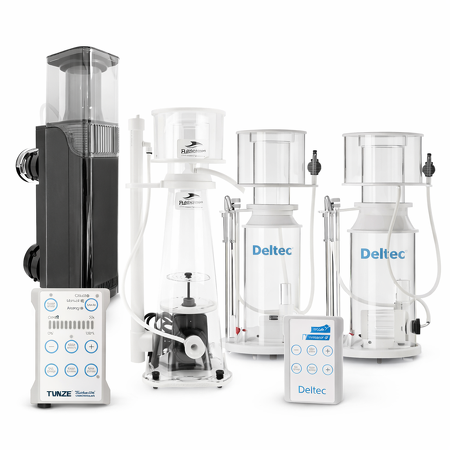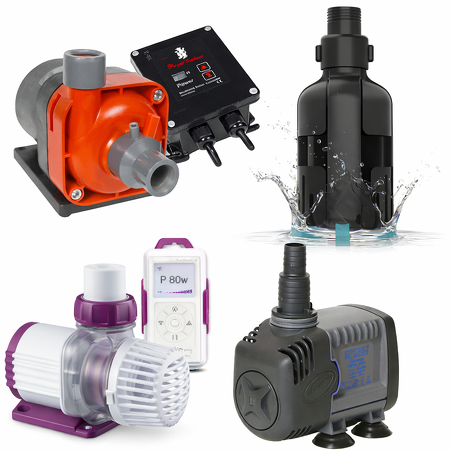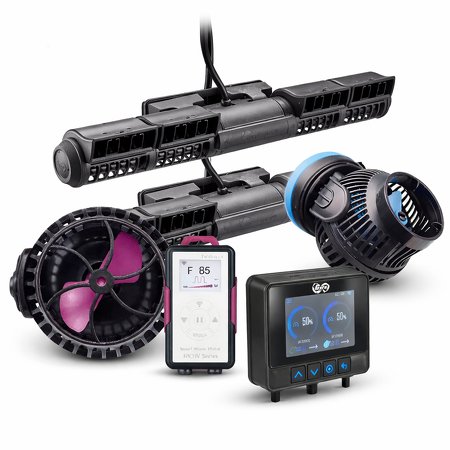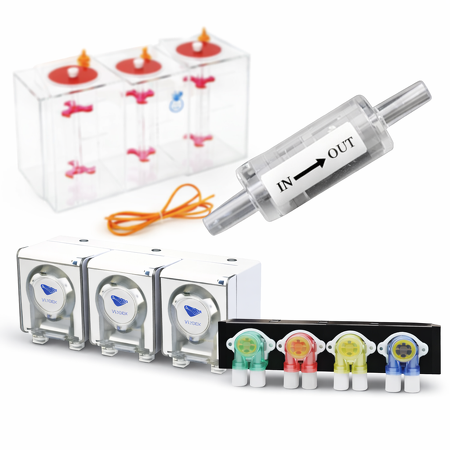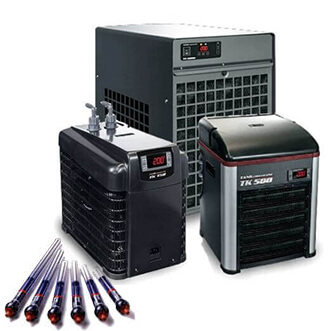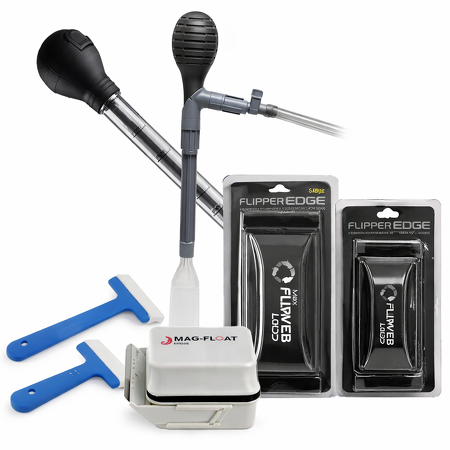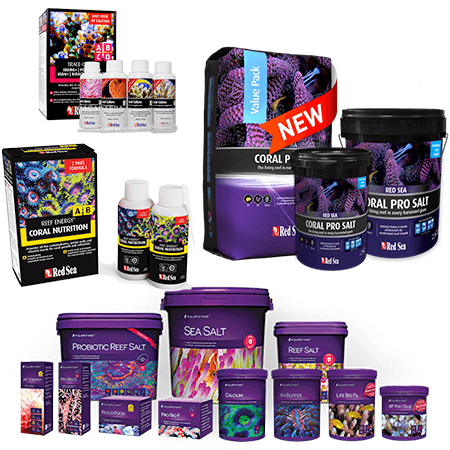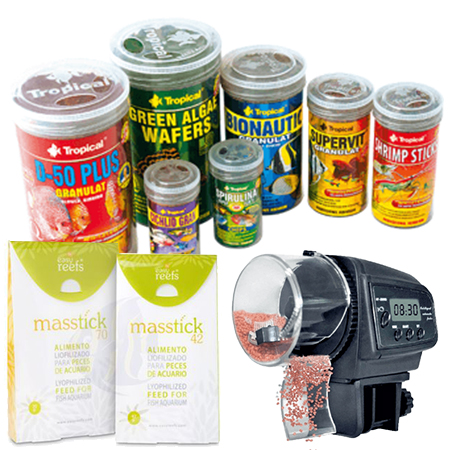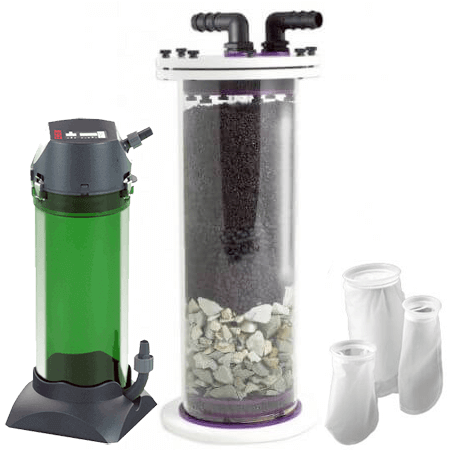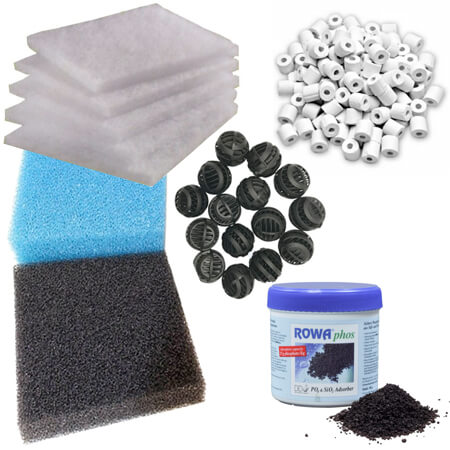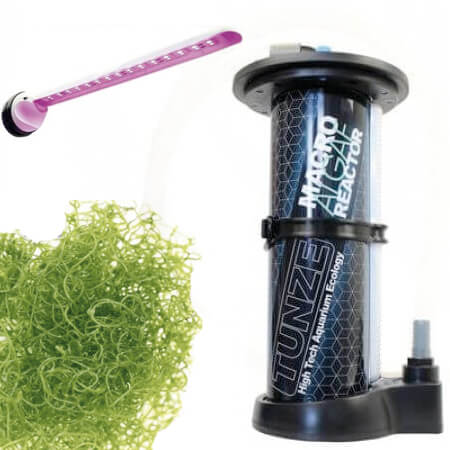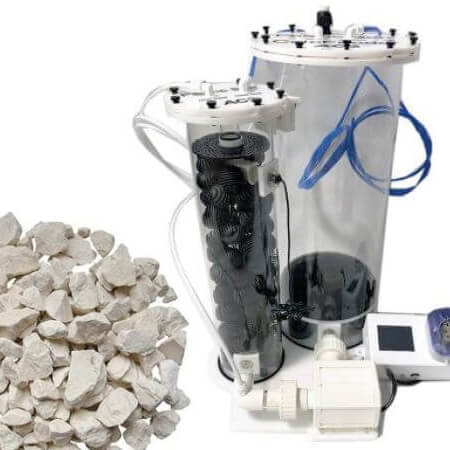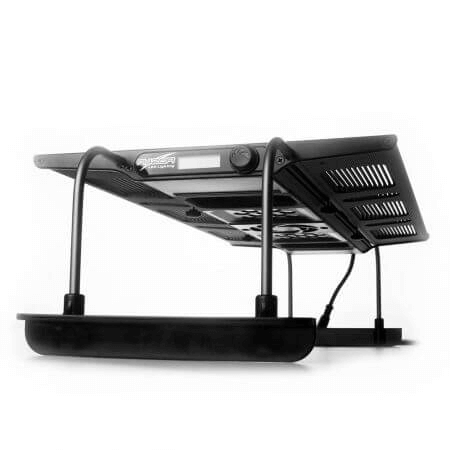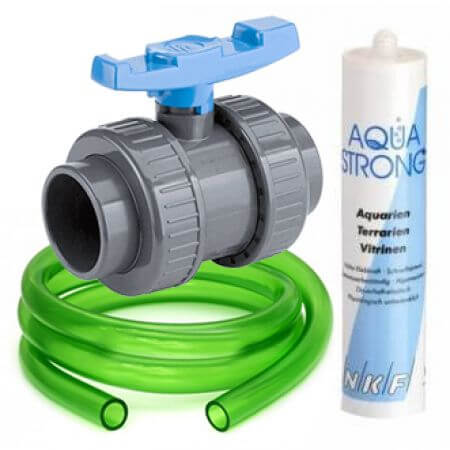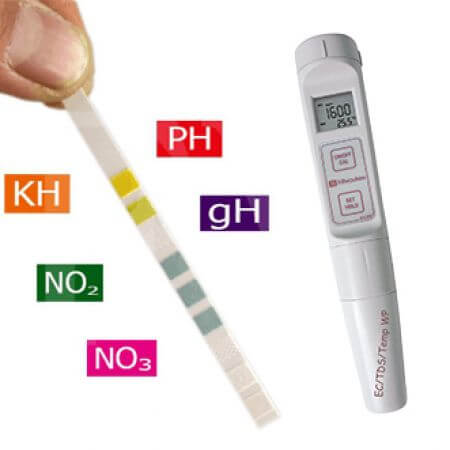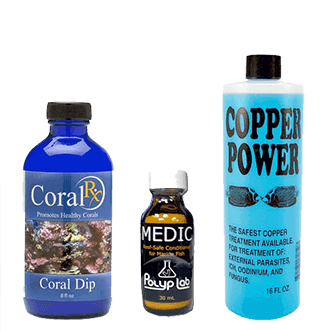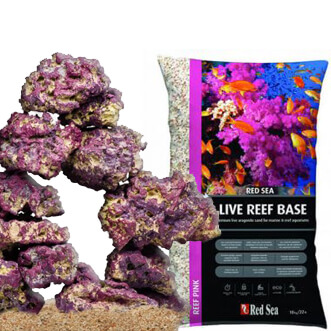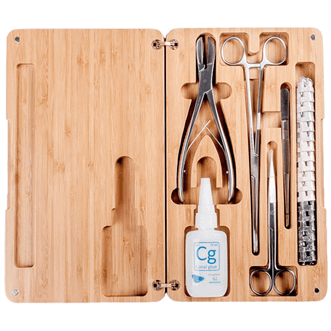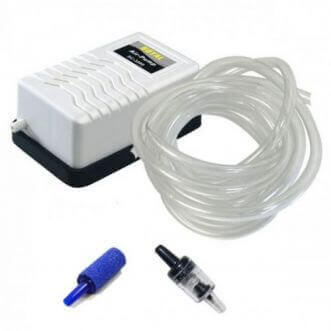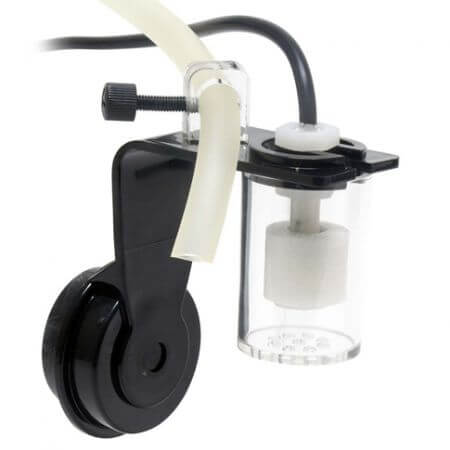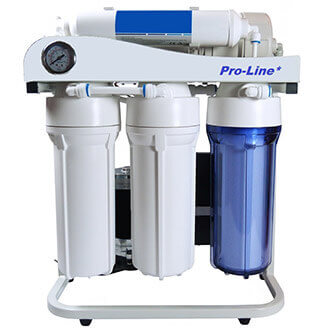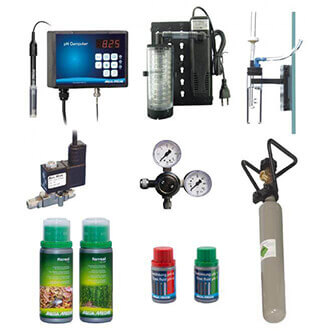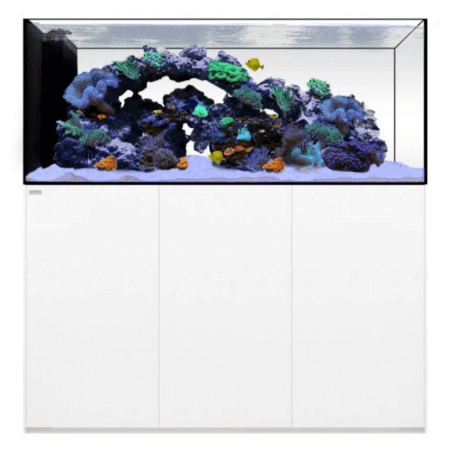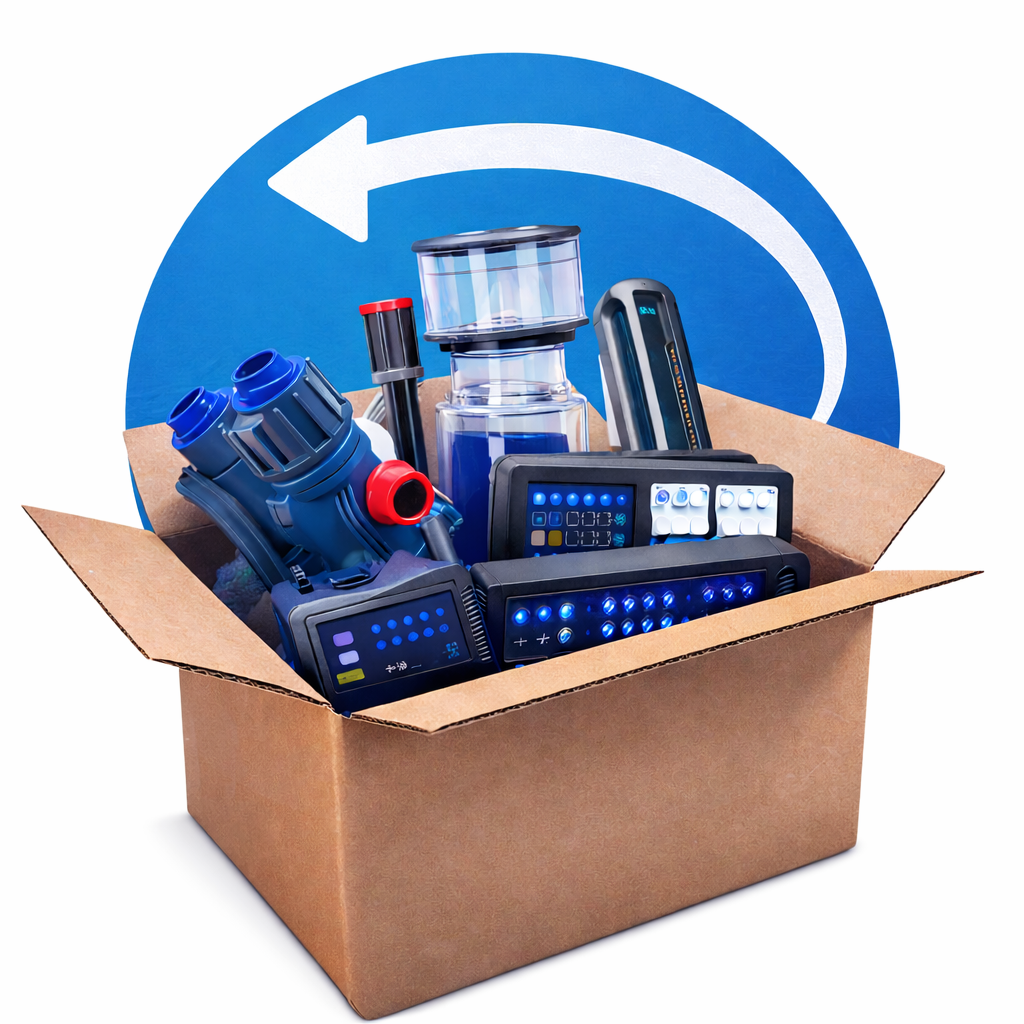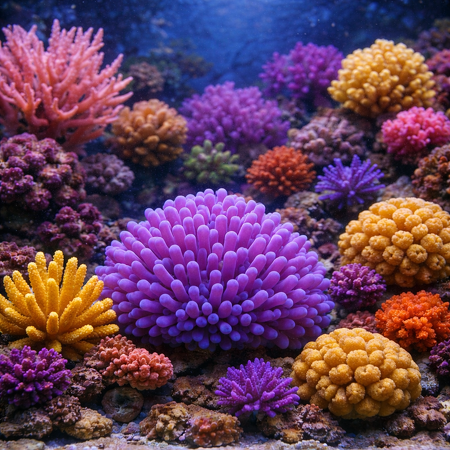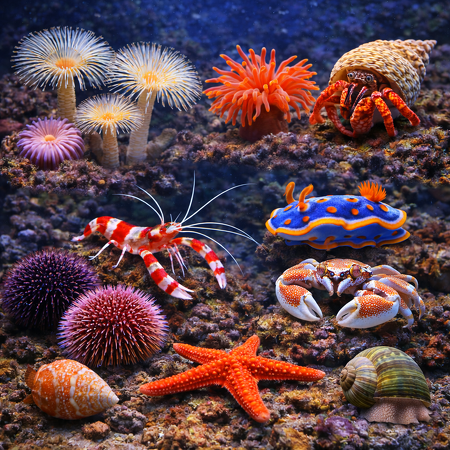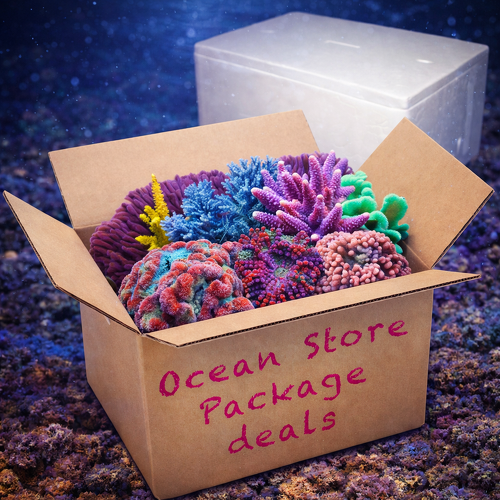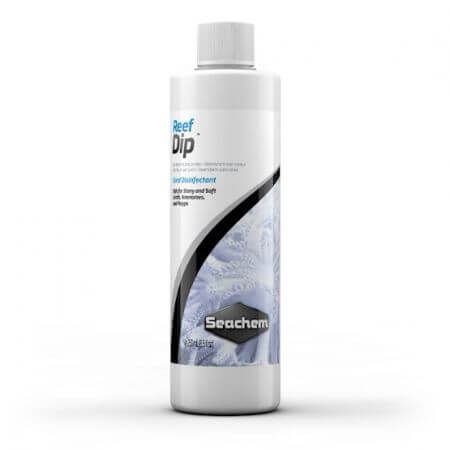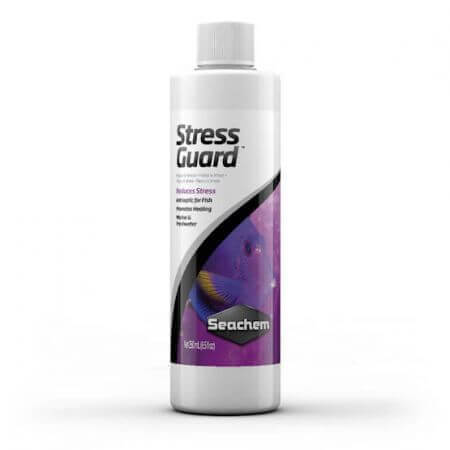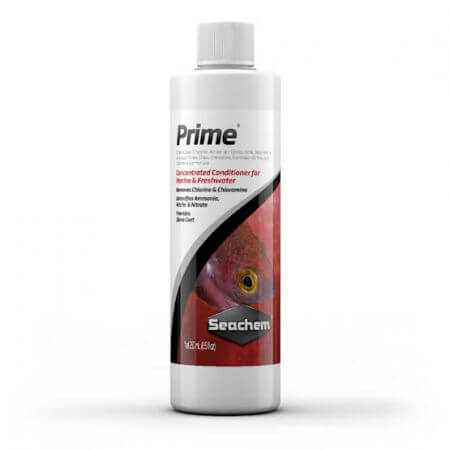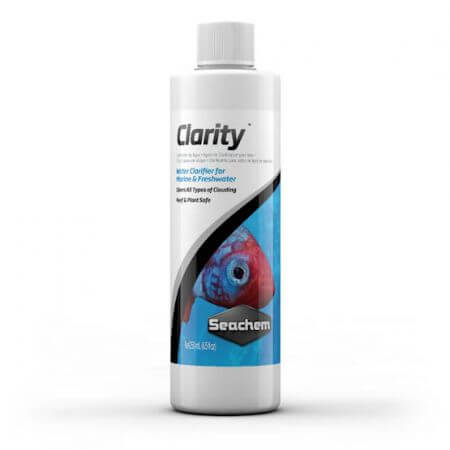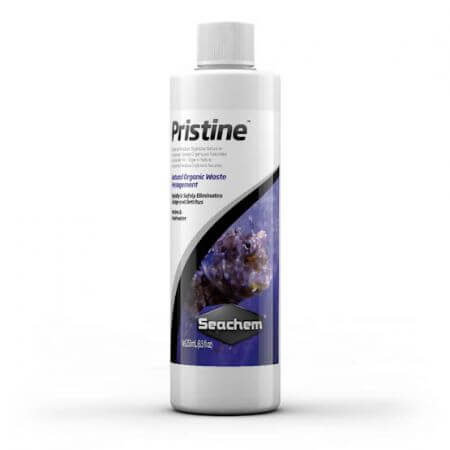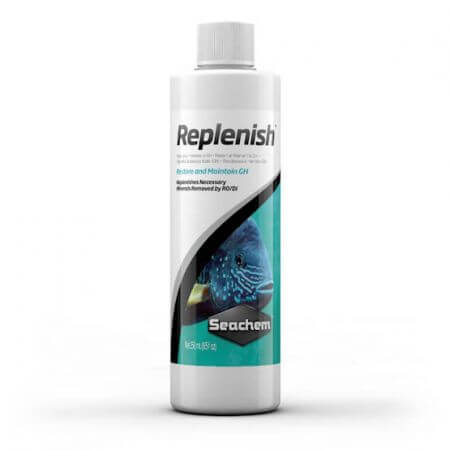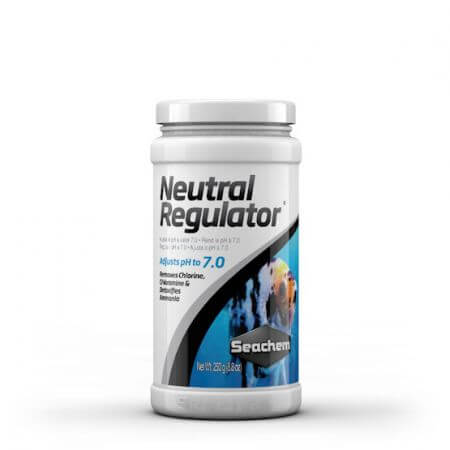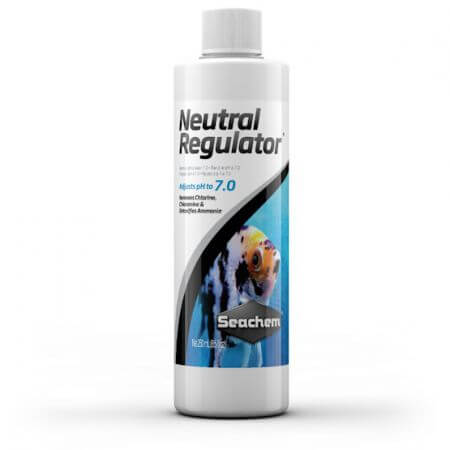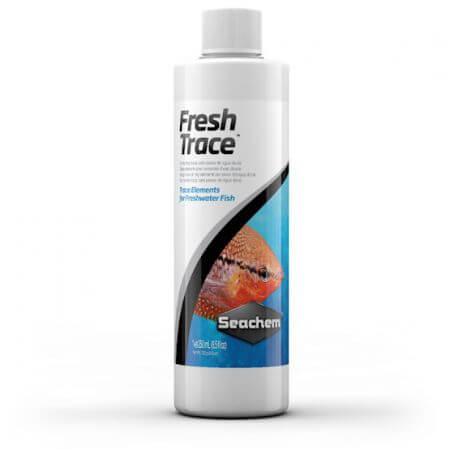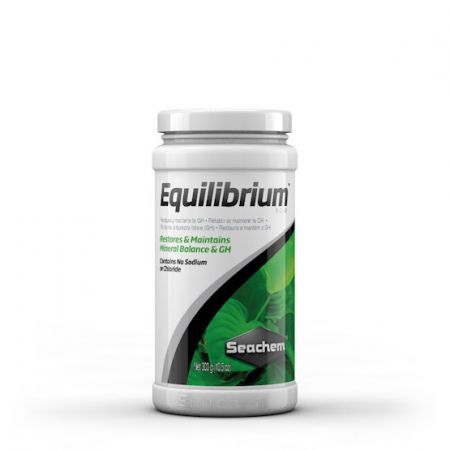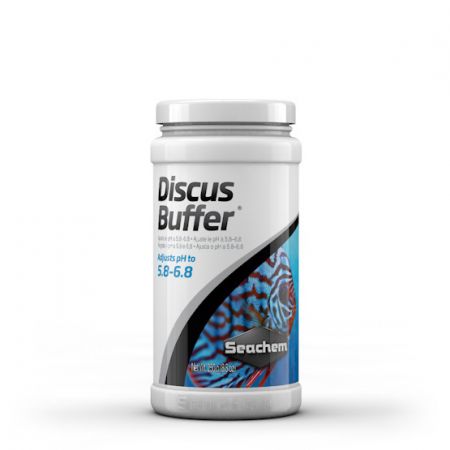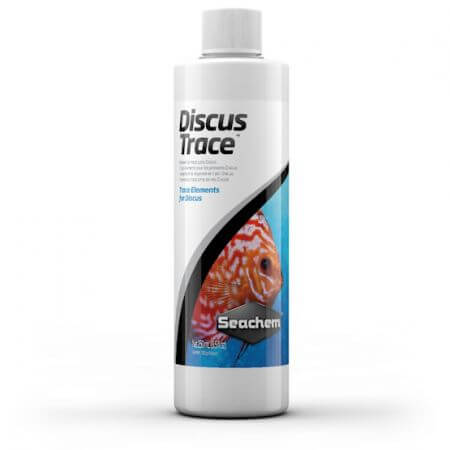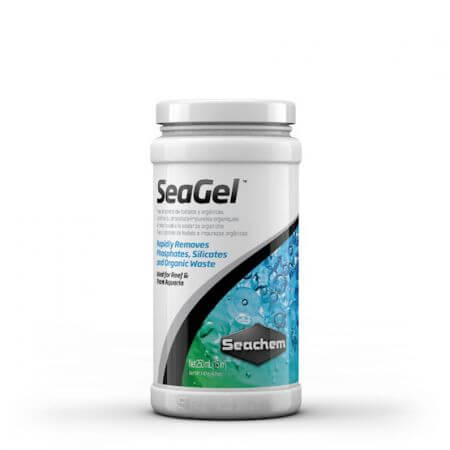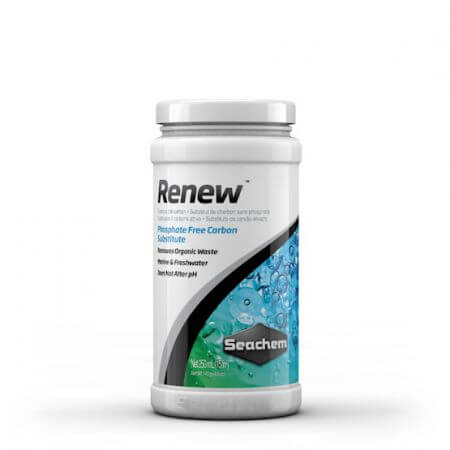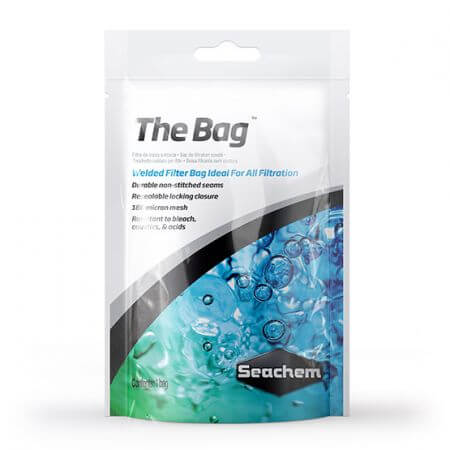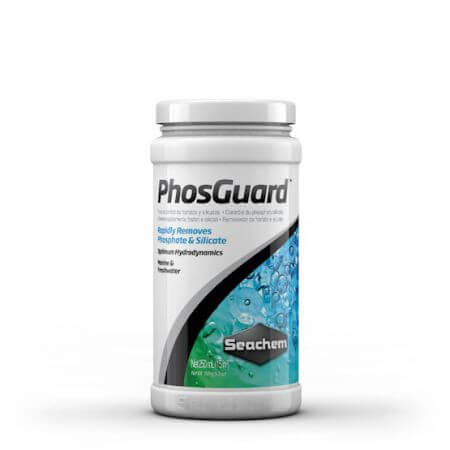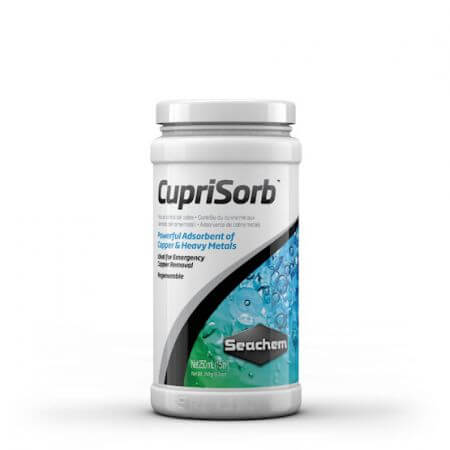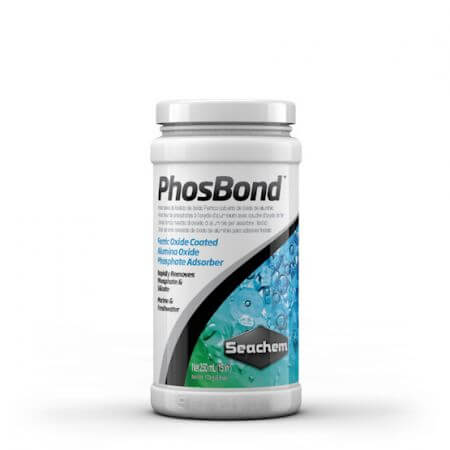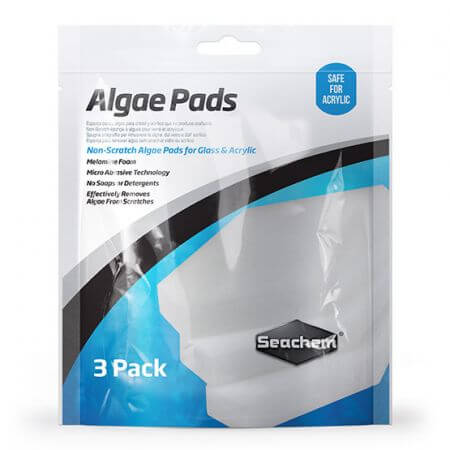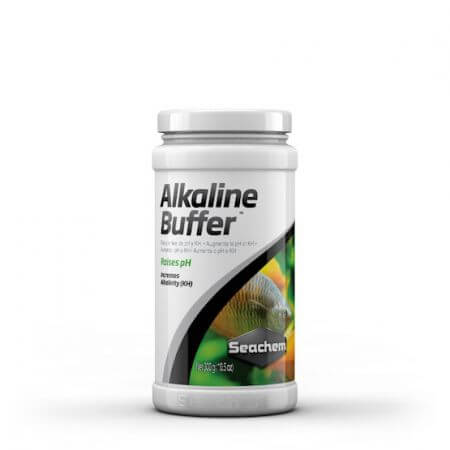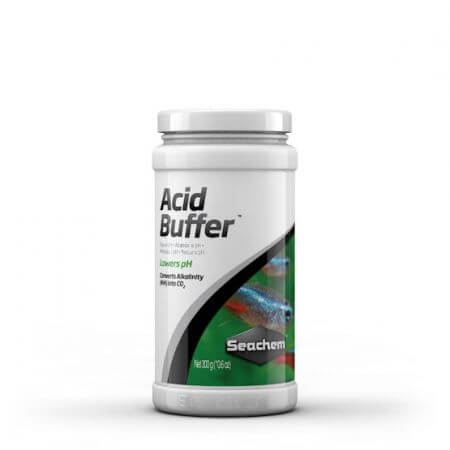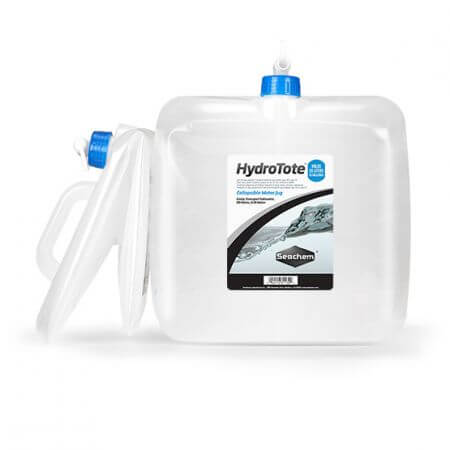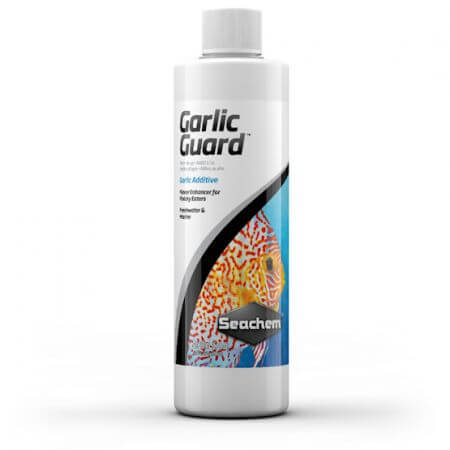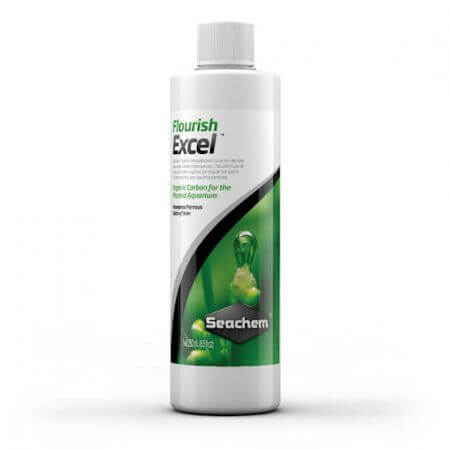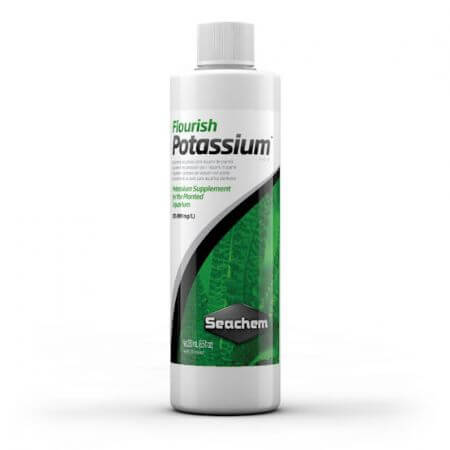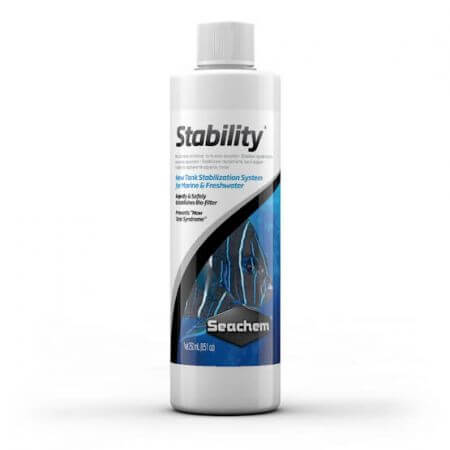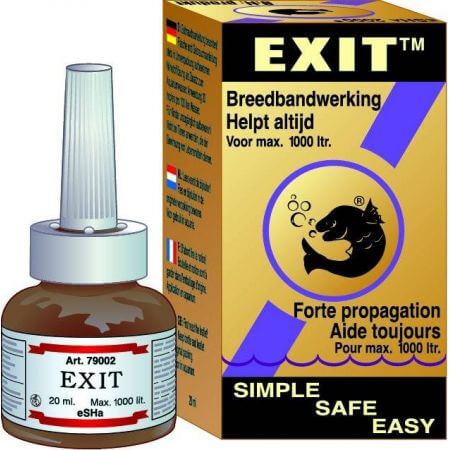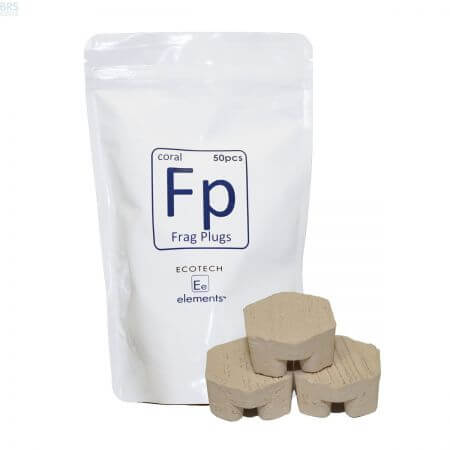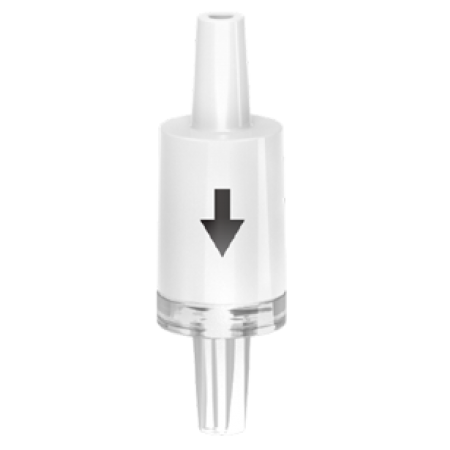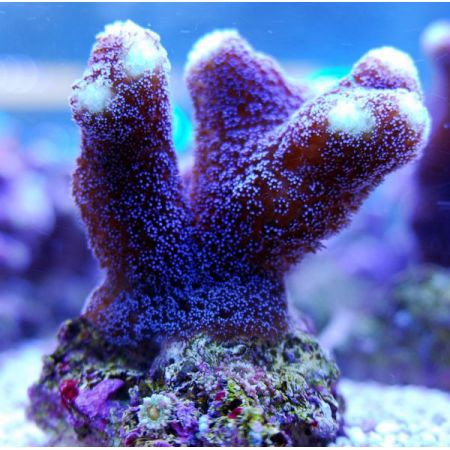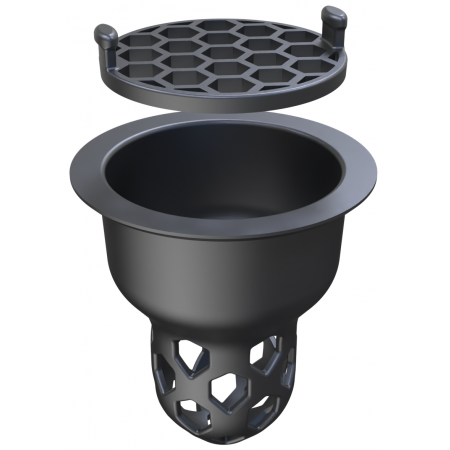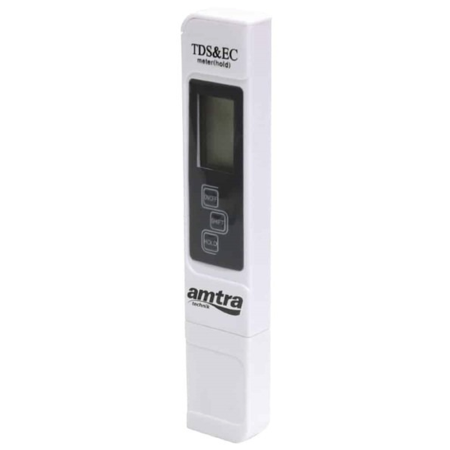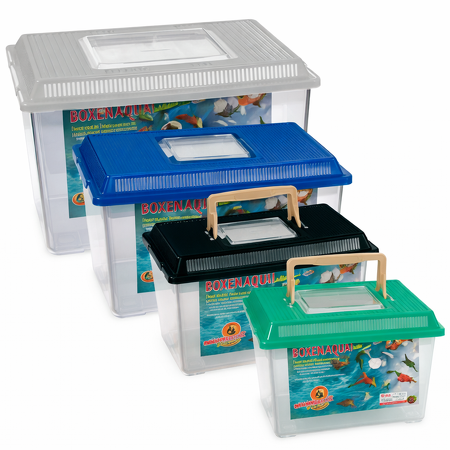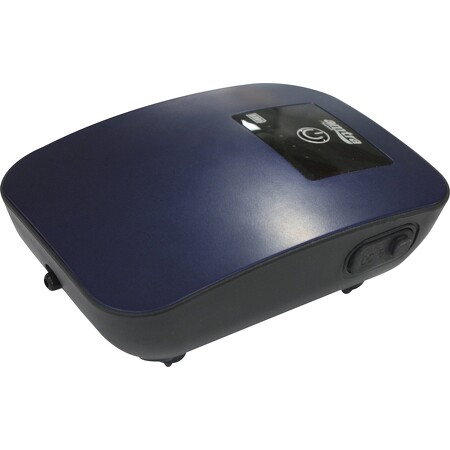Seachem Reef Buffer
Reef Buffer ™ also increases carbonate alkalinity; however, it is primarily intended for use as a buffer in a reef system where maintaining a pH of 8.3 is often difficult. When ...
Seachem Reef Buffer
Reef Buffer ™ also increases carbonate alkalinity; however, it is primarily intended for use as a buffer in a reef system where maintaining a pH of 8.3 is often difficult. If pH is not a problem, Reef Builder ™ or Reef Carbonate ™ should be your first choice for a carbonate alkaline supplement.
Reef Buffer ™ has been specially designed to meet the needs and requirements of the closed reef environment. The main difference between Reef Buffer ™ and Marine Buffer ™ is that the pK of Reef Buffer ™ is slightly higher than that of Marine Buffer ™. The pK of a buffering agent is equivalent to the pH where that buffer buffers the most. It would therefore be assumed that the pK of a saltwater buffer should be 8.3; however, the multitude of organic acids produced by the inhabitants of a reef system forces the pH down to a much greater extent than in a non-reef system. A buffer with a pK of 8.3 would eventually yield a pH in the range of 8.0-8.2. Reef Buffer's ™ higher pK (8.6) ensures higher pH stability in a reef system where the bioload is considerably more than in a fish-free system. Competitive products are not specifically designed for the reef environment; the pK is too low (pK 8.3 in most cases). With this pK the correct pH can never be reached in salt water.
Competitive products are not specifically designed for the reef environment; the pK is too low (pK 8.3 in most cases). With this pK the correct pH can never be reached in salt water. Reef Buffer's ™ higher pK (8.6) ensures higher pH stability in a reef system where the bioload is considerably more than in a fish-free system.
Use of Seachem Reef Buffer
Check the pH and alkalinity before use. Use 5 g (1 level teaspoon) for every 150 L (40 US gallons) to raise the pH by approximately 0.1 pH units (this will also increase alkalinity by approximately 0.5 meq / L). For precise dosing, use the Seachem Digital Spoon Scale. Dissolve in at least 250 ml (one cup) of fresh water and then add it to the tank. The pH of natural seawater is 8.25-8.30. In a well-established reef system, it may be necessary to adjust the pH every two weeks to half-way. The dosing requirements will vary, but do not exceed the recommended dose without checking your pH and alkalinity (alkalinity must not exceed 6 meq / L).
If an alkalinity of 6 meq / L is reached and a pH of at least 8.20 is reached or if significant clouds that do not disappear within 15 minutes are found, the system is not ionically balanced. To restore the ionic balance, perform a water change or adjust the magnesium and calcium levels to approximately 3: 1 Mg: Approx.
DO NOT OVERDOSE: Excessive alkalinity may increase the loss of calcium, magnesium and strontium. Do not mix directly with a calcium, magnesium or strontium supplement. It is best to add calcium and carbonate additives on alternating days or with an interval of at least 30 minutes.
Benefits of Seachem Reef Buffer
- Increases the pH to 8.3
- Increases pH and carbonate alkalinity together
- pK (8.6) provides greater pH stability in a reef system where the bioload is considerably more than in a fish-free system
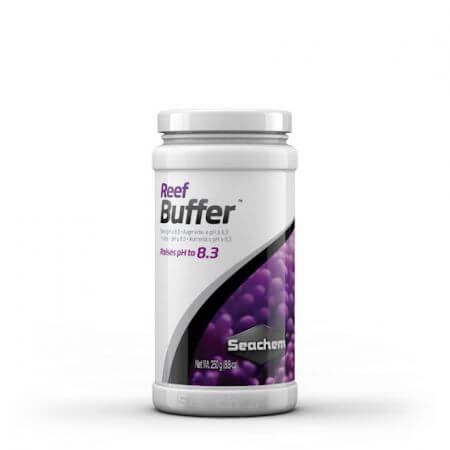
Brand
-
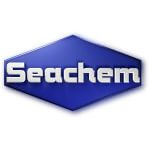
-
Seachem
View 191 other products
Shipment
-
Above € 50,- free delivery in NL & BEIn stock Ordered before 16:00, shipped today *
Characteristic(s)
 Reef Buffer ™ also increases carbonate alkalinity; however, it is primarily intended for use as a buffer in a reef system where maintaining a pH of 8.3 is often difficult. If pH is not a problem, Reef Builder ™ or Reef Carbonate ™ should be your first choice for a carbonate alkaline supplement.
Seachem
Reef Buffer ™ also increases carbonate alkalinity; however, it is primarily intended for use as a buffer in a reef system where maintaining a pH of 8.3 is often difficult. If pH is not a problem, Reef Builder ™ or Reef Carbonate ™ should be your first choice for a carbonate alkaline supplement.
Seachem


Ocean Store



Ocean Store is a modern webshop with a large selection of reef aquarium equipment, supplements and food for your (marine) aquarium. We excel in reachability, service and speed. Not only in delivery of your ordered goods, but also in the adequate answering of your (marine) aquarium related questions. We are happy to share our passion for reef aquariums with you!
Open: Available Monday / Friday 9:00-20:00
Phone: +31(0)78-6456669
€ 0.99 - € 2999.99
EUR
479190
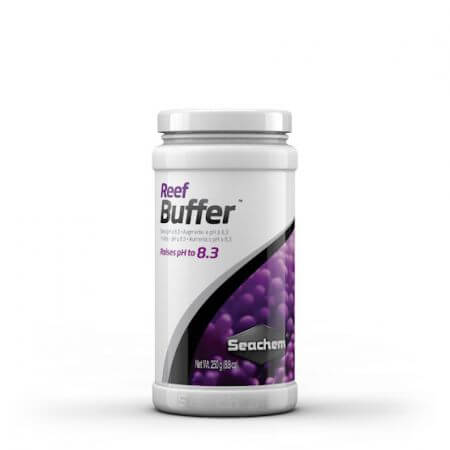 Reef Buffer ™ also increases carbonate alkalinity; however, it is primarily intended for use as a buffer in a reef system where maintaining a pH of 8.3 is often difficult. If pH is not a problem, Reef Builder ™ or Reef Carbonate ™ should be your first choice for a carbonate alkaline supplement.
Seachem
Reef Buffer ™ also increases carbonate alkalinity; however, it is primarily intended for use as a buffer in a reef system where maintaining a pH of 8.3 is often difficult. If pH is not a problem, Reef Builder ™ or Reef Carbonate ™ should be your first choice for a carbonate alkaline supplement.
Seachem


Ocean Store



Ocean Store is a modern webshop with a large selection of reef aquarium equipment, supplements and food for your (marine) aquarium. We excel in reachability, service and speed. Not only in delivery of your ordered goods, but also in the adequate answering of your (marine) aquarium related questions. We are happy to share our passion for reef aquariums with you!
Open: Available Monday / Friday 9:00-20:00
Phone: +31(0)78-6456669
€ 0.99 - € 2999.99
EUR
479190
eSHa Exit
ESHA-790002
AutoAqua Anti-Siphon Valve
SV-100
Stylophora Purple Frag
168519231
Mad Reef Lab Portal Net Feeder
157607074


